REPORT ON WAR CRIMES TRIALS IN SERBIA DURING 2022
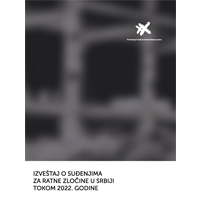
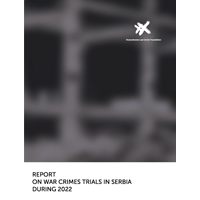 The HLC has monitored all war crimes trials conducted in the territory of Serbia in 2022, namely a total of 25 cases conducted before the War Crimes Departments of the Higher Court and/or the Court of Appeal in Belgrade.
The HLC has monitored all war crimes trials conducted in the territory of Serbia in 2022, namely a total of 25 cases conducted before the War Crimes Departments of the Higher Court and/or the Court of Appeal in Belgrade.
The Report provides a brief overview of the proceedings and of the HLC’s basic findings in respect of cases which are of public relevance. A large number of the war crimes cases covered by this Report have been going on for a number of years now, so that previous HLC annual trial reports are also relevant for a full grasp of the course of the proceedings and the pertinent HLC findings.
The report focuses on the work of the Office of the War Crimes Prosecutor (OWCP) and of the courts in parts of the judicial proceedings open to the public, primarily by analysing the indictments and the judgments in each particular case. An analysis of the work of other bodies involved in the prosecution of war crimes – the War Crimes Investigation Service of the Serbian Ministry of the Interior (MUP), the Witness Protection Unit and others, cannot not be undertaken in respect of the individual cases, as no information on their activities is publicly available.







 The Report includes an analysis of 26 cases monitored by the HLC before the war crimes departments of the Higher Court and the Court of Appeals in Belgrade. Also, the Report contains an overview of the general findings on war crimes trials during 2021, as well as important socio-political events that are vital for war crimes trials in Serbia.
The Report includes an analysis of 26 cases monitored by the HLC before the war crimes departments of the Higher Court and the Court of Appeals in Belgrade. Also, the Report contains an overview of the general findings on war crimes trials during 2021, as well as important socio-political events that are vital for war crimes trials in Serbia.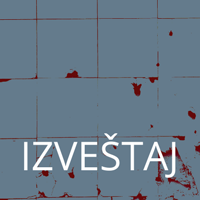
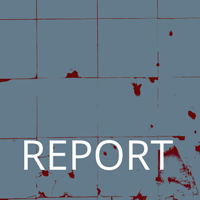 The HLC has monitored all war crimes trials conducted in the territory of Serbia in 2020, namely a total of 21 cases conducted before the War Crimes Departments of the Higher Court and/or the Court of Appeal in Belgrade.
The HLC has monitored all war crimes trials conducted in the territory of Serbia in 2020, namely a total of 21 cases conducted before the War Crimes Departments of the Higher Court and/or the Court of Appeal in Belgrade.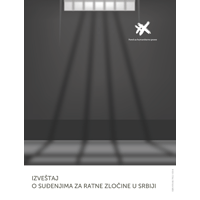
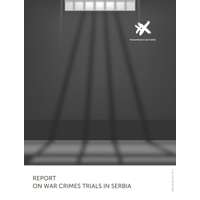 This is the seventh report of the Humanitarian Law Center (HLC) on war crimes trials in Serbia. The HLC has monitored all war crimes trials conducted in the territory of Serbia during 2017 and 2018, a total of 20 trials, conducted by the War Crimes Departments of the Higher Court in Belgrade or the Court of Appeal in Belgrade, including one trial conducted by a court of general jurisdiction. A brief overview of all cases observed, and the HLC’s key findings on each case of interest to the public, are provided in the Report.
This is the seventh report of the Humanitarian Law Center (HLC) on war crimes trials in Serbia. The HLC has monitored all war crimes trials conducted in the territory of Serbia during 2017 and 2018, a total of 20 trials, conducted by the War Crimes Departments of the Higher Court in Belgrade or the Court of Appeal in Belgrade, including one trial conducted by a court of general jurisdiction. A brief overview of all cases observed, and the HLC’s key findings on each case of interest to the public, are provided in the Report.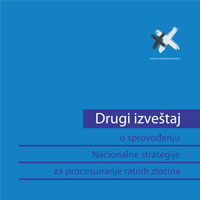
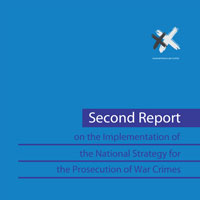 The Humanitarian Law Center (HLC) has been monitoring and providing support to war crimes trials ever since the first war crimes proceedings conducted in Serbia in 2002. The HLC is the only organization that has been continuously monitoring and analysing war crimes trials in Serbia and informing the public at home and abroad about them. It has been representing victims (injured parties) in war crimes cases through an Attorney, filing criminal complaints with the Office of the War Crimes Prosecutors against suspected perpetrators, and sharing its documentation on war crimes. Also, the HLC has been identifying witnesses and victims and encouraging them to give evidence in court and thus contribute to achieving justice for past crimes.
The Humanitarian Law Center (HLC) has been monitoring and providing support to war crimes trials ever since the first war crimes proceedings conducted in Serbia in 2002. The HLC is the only organization that has been continuously monitoring and analysing war crimes trials in Serbia and informing the public at home and abroad about them. It has been representing victims (injured parties) in war crimes cases through an Attorney, filing criminal complaints with the Office of the War Crimes Prosecutors against suspected perpetrators, and sharing its documentation on war crimes. Also, the HLC has been identifying witnesses and victims and encouraging them to give evidence in court and thus contribute to achieving justice for past crimes.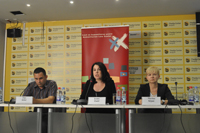

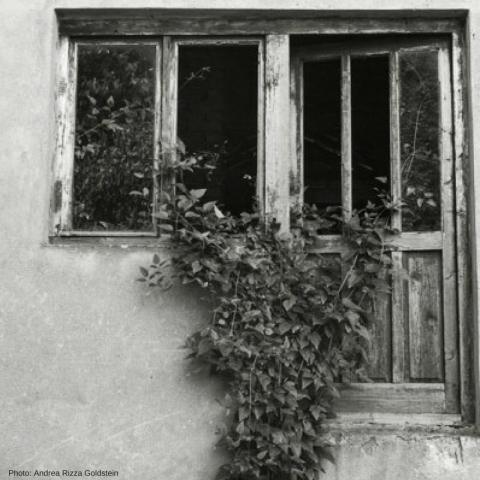
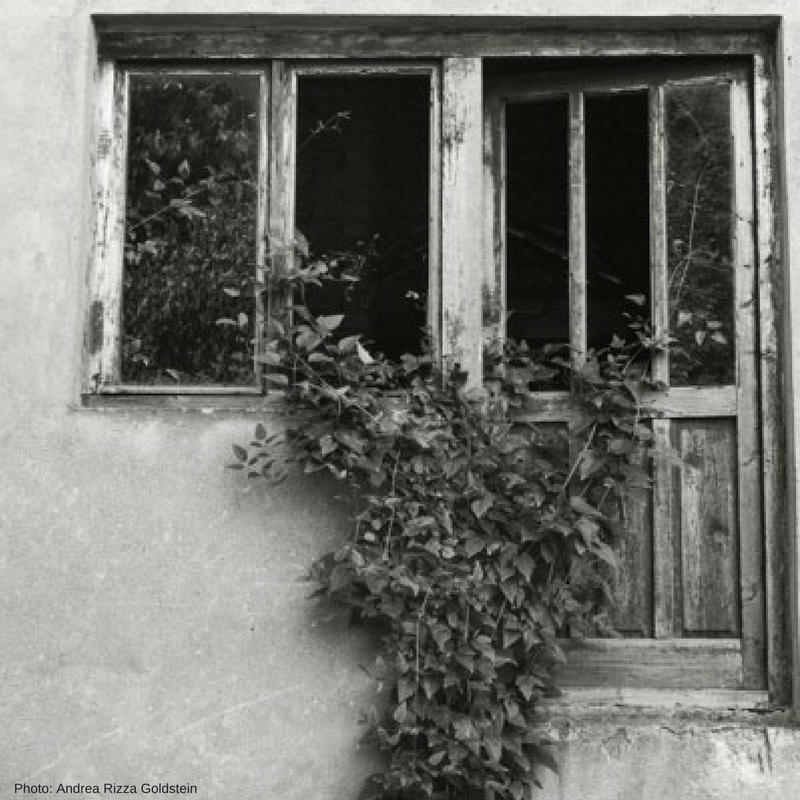
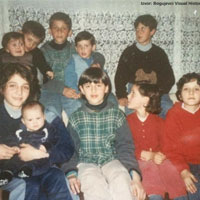

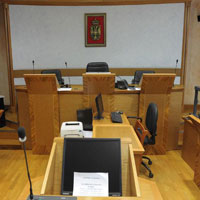
 On Monday, March 12, 2018, the Office of the War Crimes Prosecutor (OWCP) presented the Draft Prosecutorial Strategy for the Investigation and Prosecution of War Crimes in the Republic of Serbia for the period 2018-2023 (Draft), in accordance with the obligations of the
On Monday, March 12, 2018, the Office of the War Crimes Prosecutor (OWCP) presented the Draft Prosecutorial Strategy for the Investigation and Prosecution of War Crimes in the Republic of Serbia for the period 2018-2023 (Draft), in accordance with the obligations of the 
